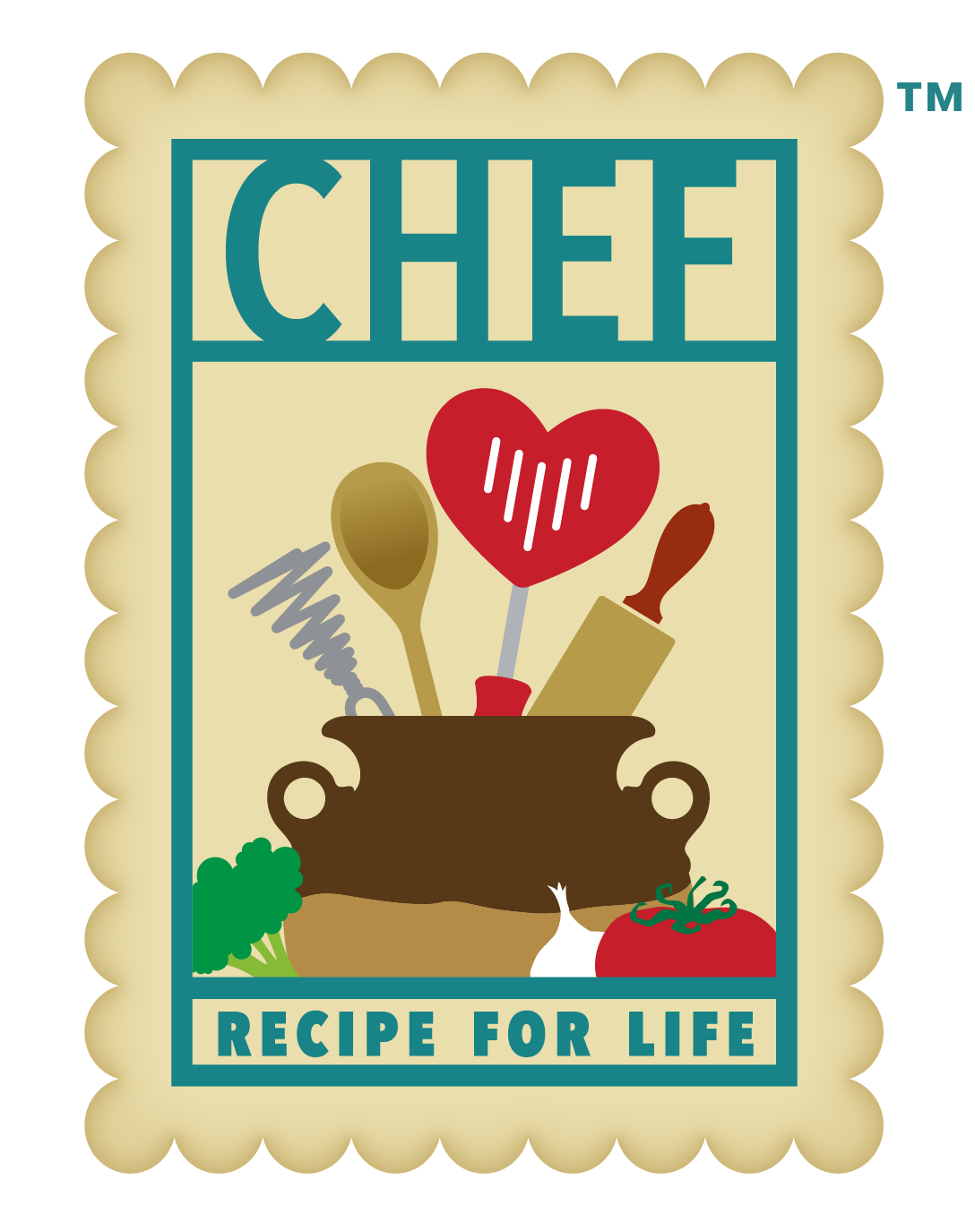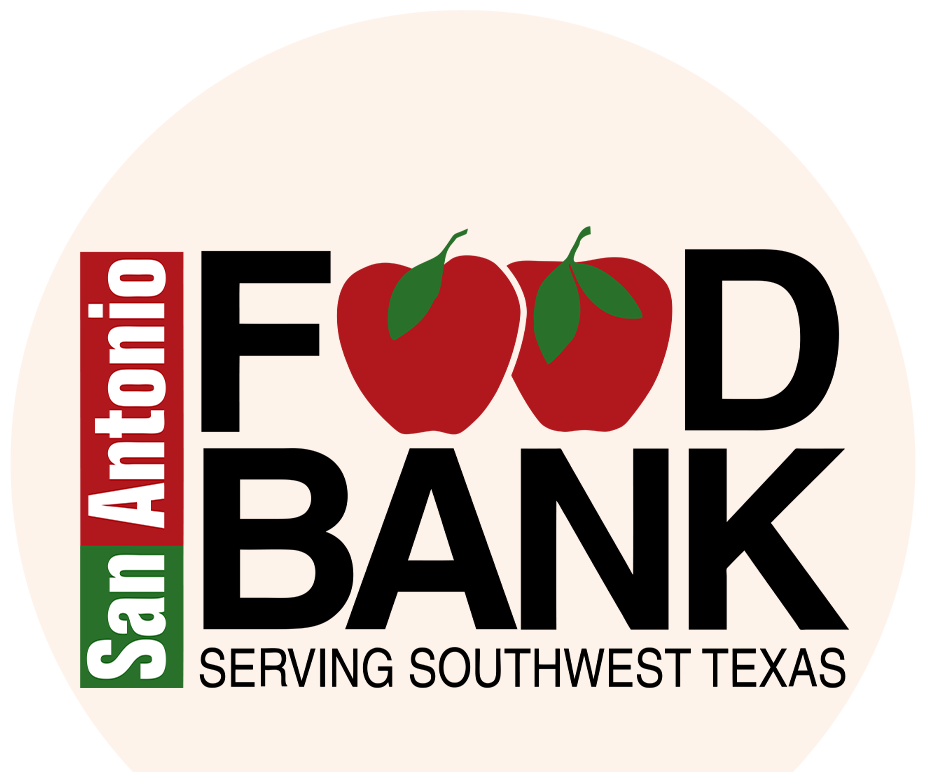Chef
Health-related Culinary Education: A Summary of Representative Emerging Programs for Health Professionals and Patients

ABSTRACT
Background:
Beneficial correlations are suggested between food preparation and home food preparation of healthy choices. Therefore, there is an emergence of culinary medicine (CM) programs directed at both patients and medical professionals which deliver education emphasizing skills such as shopping, food storage, and meal preparation.
Objective:
The goal of this article is to provide a description of emerging CM programs and to imagine how this field can mature.
Methods:
During April 2015, 10 CM programs were identified by surveying CM and lifestyle medicine leaders. Program directors completed a narrative describing their program’s structure, curricula, educational design, modes of delivery, funding, and cost. Interviews were conducted in an effort to optimize data collection.
Results:
All 10 culinary programs deliver medical education curricula educating 2654 health professionals per year. Educational goals vary within the domains of (1) provider’s self-behavior, (2) nutritional knowledge and (3) prescribing nutrition. Six programs deliver patients’ curricula, educating 4225 individuals per year. These programs’ content varies and focuses on either specific diets or various culinary behaviors. All the programs’ directors are health professionals who are also either credentialed chefs or have a strong culinary background. Nine of these programs offer culinary training in either a hands-on or visual demonstration within a teaching kitchen setting, while one delivers remote culinary tele-education. Seven programs track outcomes using various questionnaires and biometric data.
Conclusions:
There is currently no consensus about learning objectives, curricular domains, staffing, and facility requirements associated with CM, and there has been little research to explore its impact. A shared strategy is needed to collectively overcome these challenges.
Volume 5, Number 1 • January 2016 • www.gahmj.com
GLOBAL ADVANCES IN HEALTH AND MEDICINE
http://www.gahmj.com/doi/pdf/10.7453/gahmj.2015.128



